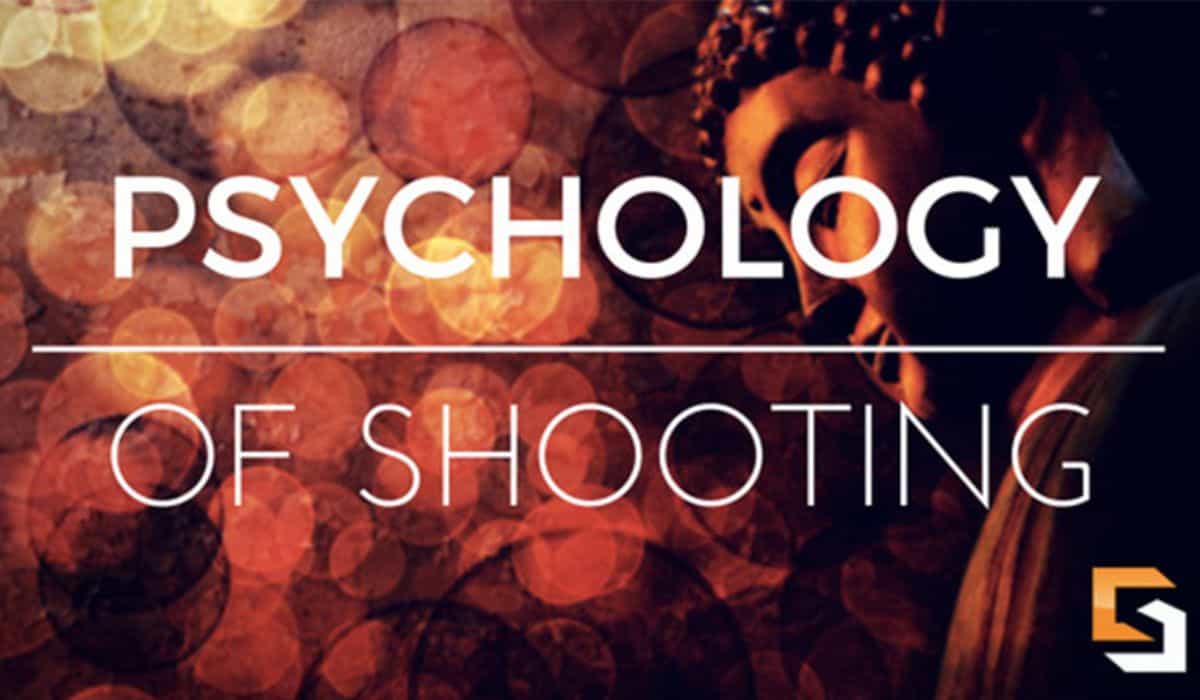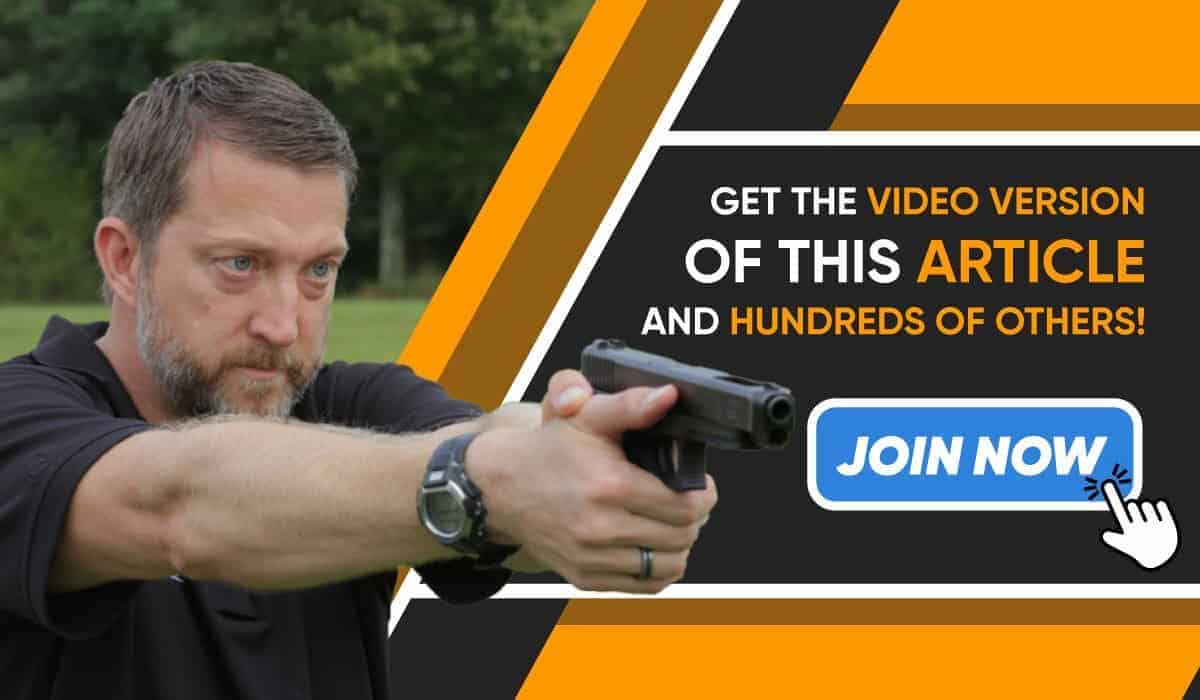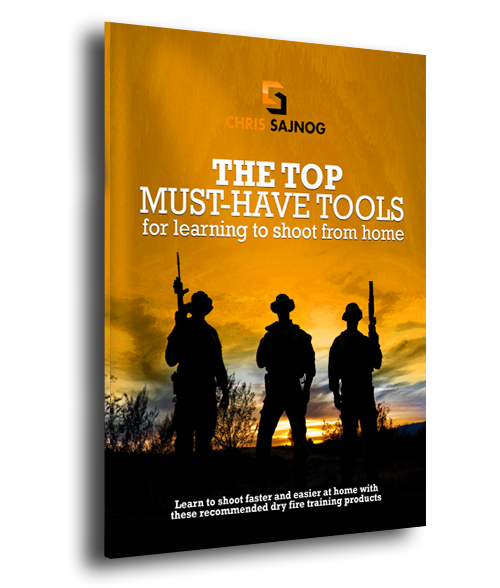Defensive Mindset: The Psychology of Shooting
Hey, everyone! In this post, let’s dive into ‘Defensive Mindset: The Psychology of Shooting’ and uncover how it’s key to boosting your shooting skills. Let’s go ahead and get started.
The below article was sent in by a reader and psychology major:
In a kill-or-be-killed situation, even the most law-abiding citizen(s) would not be well able to weigh or even know the outcome of their actions, and more so when they have a gun. According to R. Scott Stehouwer, the chairman of Calvin College in the Department of Psychology, most of them may be in a situation where they feel that they do not have much of a choice.
In a tactical situation where the shooter is active, the most difficult thing would be identifying the kind of person behind the gun. The shooter, in this case being the one endangering the lives of others, has the upper hand even before the first round is fired. According to Dr. Scott Thornsley, an Associate Professor of Criminal Justice at the University of Mansfield in Pennsylvania, a majority of suspects are in complete control of their emotions and know precisely what they are about to do.

As for the officer, it is difficult to prevent a shooting. This is mostly because he/she is not sure whether the shooting is a result of shooting rage in a given moment or whether the shooter was very well prepared. However, a majority of law enforcement officers know or need to know that the shooter in most cases is prepared to die and will continue to shoot to a point where he/she is shot or kills themselves, says Dr. Michael Welner, a Forensic Psychiatrist from the New York University School of Medicine and chairman of the forensic panel.
Unraveling the Anxiety Factor in Police Shootings
According to a recent study in the journal Emotion, it was shown that police officers are more likely to shoot due to anxiety. Anxiety has been shown to have a significant level of effect on cognitive functioning as well as on the body’s ability to perform given tasks and actions. In some of the jobs, such as in law enforcement, making the right decisions in given situations is crucial.
A good number of studies have shown that when one is anxious, they are more likely to notice threats in their surroundings, and hence the threat will get oversized attention. For policemen, shooting faster in cases of threats is one of the responses caused by anxiety.
The defensive mindset in self-defense is to improve the odds of one’s life in a live-or-die situation, and for policemen, it also involves saving the lives of innocent individuals at the scene.
It is also true that the mind is the true weapon and every other thing a tool. In a case where the mind is poorly prepared, the tools are more likely to put the shooter in more trouble. The psychology of shooting is not only a problem to some shooters but at some level to all shooters.

Fine Motor Skills, Perception, and the Mindset of a Defensive Shooter
For law-abiding citizens in danger from attackers, studies have shown that their fine motor skills tend to deteriorate in addition to the trembling of the limbs despite the fact that they may be holding a gun.
Their sense of perception may also become distorted and the mind processes stimuli at rates that are fantastically accelerated than normal. This may then result in their perceiving activities in slow motion or faster than is actually happening.
The heightened state of awareness for either a police officer or citizen may therefore cause the individual to focus with a tunnel vision on the threat. The mind tends to screen out anything else that may be extraneous to quick survival, and this may bring about an exclusion of the auditory sense thus muting sirens, screams, and even the sound of one’s gunfire.
Survival of such an experience may cause one to undergo trauma and confusion, and manifestations of this may include exaggeration and forgetting events that may be important.
For this reason, it is important to develop a defensive mindset, which can be explained and taught. This can be achieved by enrolling in defensive shooting classes, where one will be taught to understand emotions, reactions, and thoughts they are likely to experience in such an encounter.



